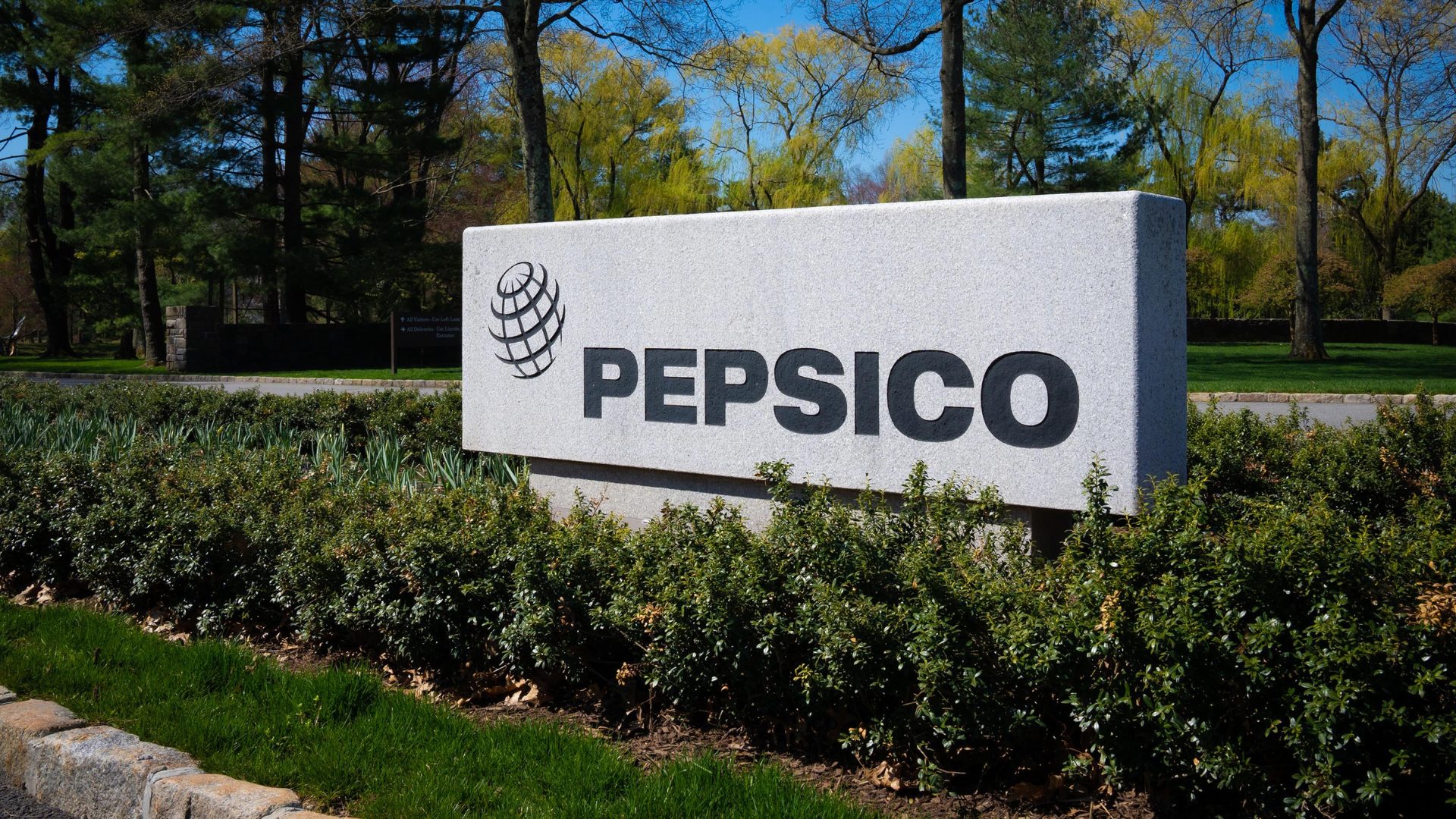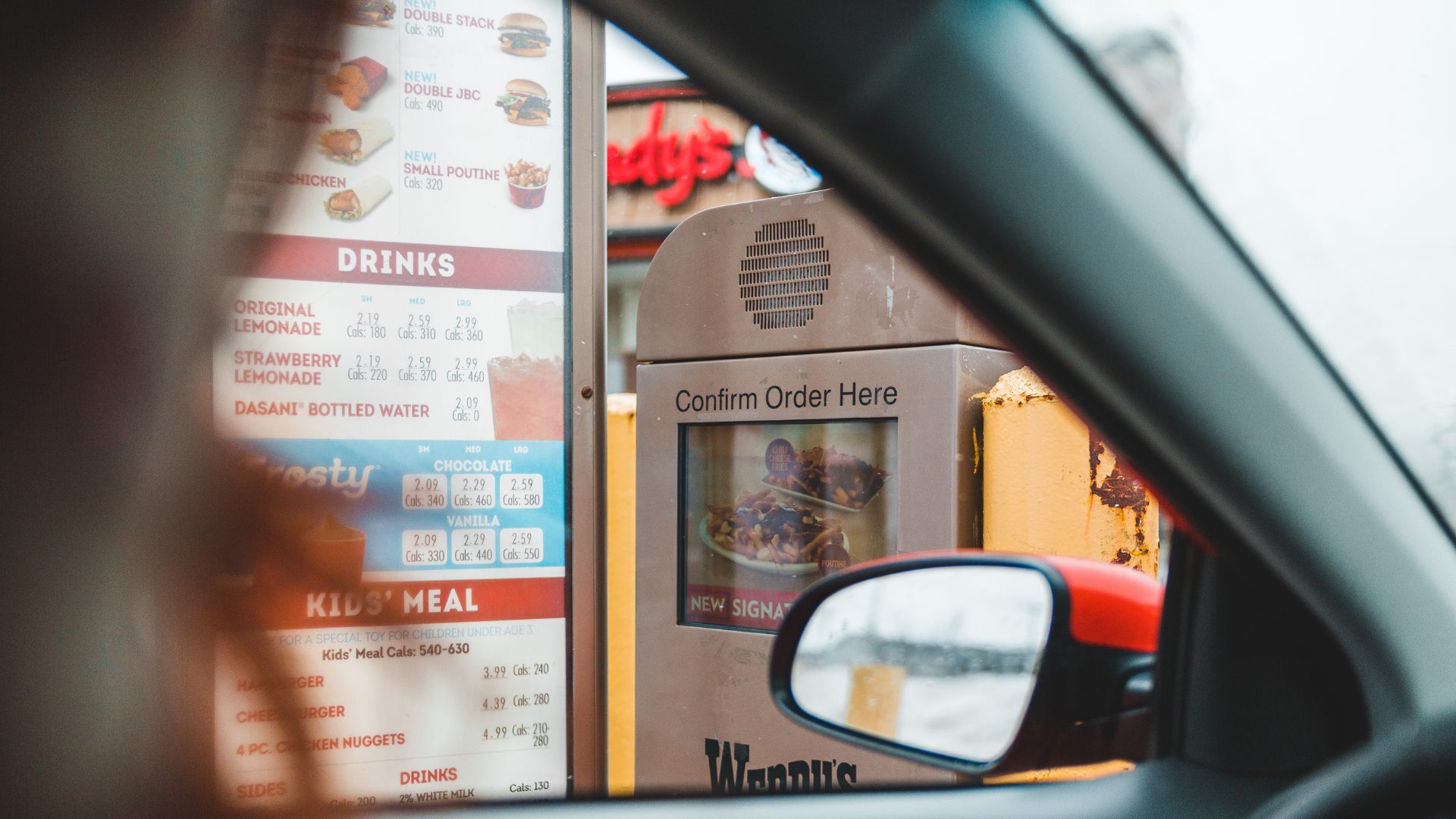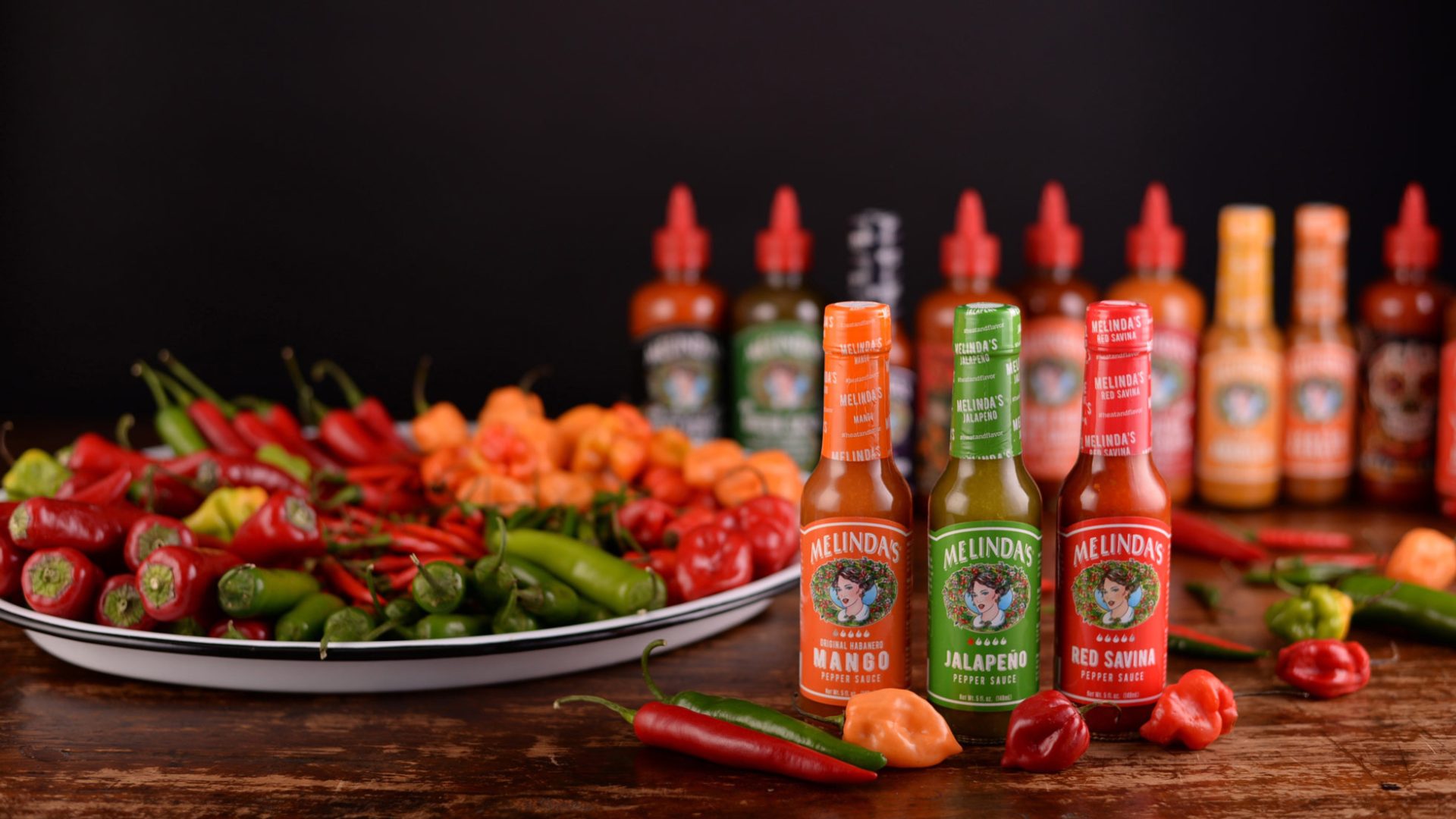While diversity in leadership roles in the food industry has historically been lacking, companies today are making the business case for inclusion and upping their commitment to advance racial equality.
For instance, the Multicultural Foodservice & Hospitality Alliance (MFHA), 4thMVMT, and PepsiCo are collaborating to provide leadership development and increase business ownership opportunities for Black people in the restaurant industry.
The program, called Pathways to Black Franchise Ownership, is a personal development training initiative that equips potential business owners to operate high-performing businesses.
Since only 8% of restaurants are owned by Black people, according to the National Restaurant Association, the program’s goal is to create 100 Black-owned franchise restaurants by the end of 2022—and to continue growing that number. As the founding sponsor, PepsiCo is committing $2.5 million over the next five years to build and sustain the program.
“While the restaurant and foodservice industry is one of the most diverse industries in the economy, we know Black people are underrepresented in the ownership category,” said Gerry Fernandez, president and founder of MFHA. “Training and access to capital remain significant barriers for Black women and men who want to own their own restaurant.”
“Through this collaboration, we’ll help hundreds of people become business owners who otherwise, in all likelihood, wouldn’t have had the resources to do so,” said Karim Webb, CEO of 4thMVMT, which is a social equity organization that vets, trains, facilitates funding, and partners with people from underserved communities to own and operate competitive businesses.
“We hope our investment will create a ripple effect of its own, inspiring more companies to get involved,” added Scott Finlow, CMO at PepsiCo Global Foodservice.
The investment is not all that PepsiCo is doing to promote and elevate minorities. In a message from CEO Ramon Laguarta, he indicated the company is committing more than $400 million set of initiatives over five years to lift up Black communities and increase Black representation at PepsiCo.
The company has also initiated a commitment to the Hispanic community and increasing their representation across all ranks at PepsiCo, reported Yahoo Finance (Oct. 18).
In a letter, Laguarta wrote, “We are focused on increasing our U.S. Hispanic middle management representation with targeted recruitment, retention, and development, along with educational support and increasing cultural competency through specialized trainings.”
Meanwhile, Starbucks is also creating more opportunities to diversify its workforce by setting new goals for minority representation among its corporate operations, reported The Hill (Oct. 14).
Not much diversity currently exists among Starbucks’ corporate employees, with only 3.7% identifying as Black and 7.4% identifying as Latino.
The company hopes to have 30% minority representation by 2025 “at all corporate levels.”
“We know that a more inclusive environment will create a flywheel that leads to greater diversity, and thereby greater equity and opportunity for all,” said CEO Kevin Johnson in a statement.
One of the actions to help achieve its goal is a mentorship program that connects minority employees with senior executives at the company. VP or above job titles will also be required to complete anti-bias training.
Other initiatives from the coffee chain include an investment of $1.5 million for neighborhood grants and $5 million that will go to nonprofits that support minority youth.
Starbucks’ pledge follows moves from McDonald’s, Campbell Soup, SpartanNash, and UNFI in creating new diversity-related executive roles.












